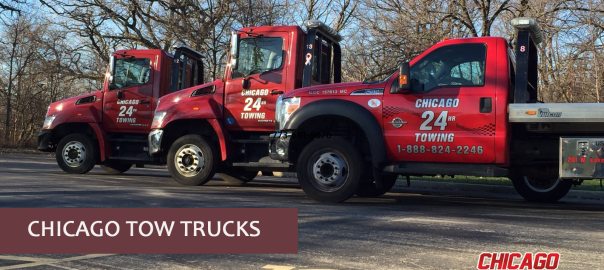Always know your ratings
Tow trucks can only carry a particular amount of weight. By overloading a tow vehicle or trailer, you can cause a variety of problems like broken suspensions, failing brakes, overheated transmissions, or broken tires. It’s important to be certain of your vehicle’s tow ratings before you tow anything, making sure that your hitch system is matched to your vehicle’s towing specifications. The tow vehicle’s specifications are usually listed in a vehicle’s owner’s manual, as well as on the window will of the driver-side door. With trailers, the unloaded weight, and rest of the weight ratings, can be found on the Vehicle Identification number plate.
Gross Vehicle Weight Rating
This is the weight limit for the entire vehicle, including the vehicle itself added with all passengers, cargo, and accessories.
Gross Combination Weight Rating
This is the maximum weight of the tow vehicle plus the loaded trailer, equipment, fuel, passengers, or anything else inside the car.
Gross Axle Weight Rating
This is the amount of weight that one single axle can hold safely. This is important to know for both tow vehicles and trailers.
Tow Truck Towing Capacity
This is the total amount of weight that your vehicle is able to pull.
Tongue Weight
This is the amount of the trailer’s weight picked up by the trailer’s hitch. This should be 10 percent of the entire trailer weight – with too much tongue weight, your vehicle’s steering becomes less responsive. With too little, the trailer might sway too much. Tongue weight can be measured with a specialized tool that you can buy at trailer supply shops. If you’re having issues calculating the combined weight of your trailer plus cargo, bring the trailer to a vehicle scale at a weigh station or trucks top.
Always remember to put on brakes and wires
The combined weight of the trailer and the cargo gives your vehicle extra momentum – taking longer to reduce speed. This is why many areas require that trailers of a certain high weight to have special braking systems installed. Trailer brakes improve navigation and control, and can also stop trailers from moving away if they get separated from the tow vehicle. You can get electronic trailer brakes (attached to a controller inside the vehicle) and surge brakes (independent hydraulic brakes activated by particular momentum.) Since cars behind you can’t see lights on your tow vehicle, federal law requires that trailers are equipped with taillights, turn signals, brake lights, and reflectors that are powered through a connection cord attached to your vehicle. It’s important to ensure that the wires are tight enough to not drag on the road, but loose enough to stay plugged in during turns.
Load your cargo correctly
If your tow truck is packed off-balance, it will be harder to drive and control. Ensure that your cargo is distributed evenly, with 60 percent of the weight in front of the axle (but not excessively far forward.) Make sure to secure cargo to prevent them from moving around and shifting during movement, and to keep the center of gravity low.
Remember that you’re towing a trailer
Regardless of how strong and dexterous your vehicle is, it will be a lot less responsive when a trailer is attached behind it. Since you won’t be able to accelerate, brake, or turn as fast as normally, you’re going to want to plan it advance and give yourself extra time to change lanes or slow down. It’s always great to do some practice drives to get the hang of navigating the trailer before embarking on your major trip.
Always check tire pressure of
If it’s been awhile since you’ve used your tow truck, it’s highly likely that the tires need to be inflated. Driving a loaded trailer with low-inflated tires is incredibly dangerous – under inflated tires can lead to crashes, blowouts, or rollovers. Make sure to check the tire pressure on your tow vehicle and your trailer before you go, and refill tires, or replace them if necessary,
Always check local regulations
Remember that towing regulations and laws are different in different states. Some states require taillights on your trailer, as well as safety chains that connect the trailer to the tow vehicle. Other states might require specific braking equipment, or side and rearview mirrors. Some states have different maximum towing speeds, trailer width requirements, and amount of towable vehicle requirements. Always familiarize yourself with the local laws in any state that you will be traveling in.

